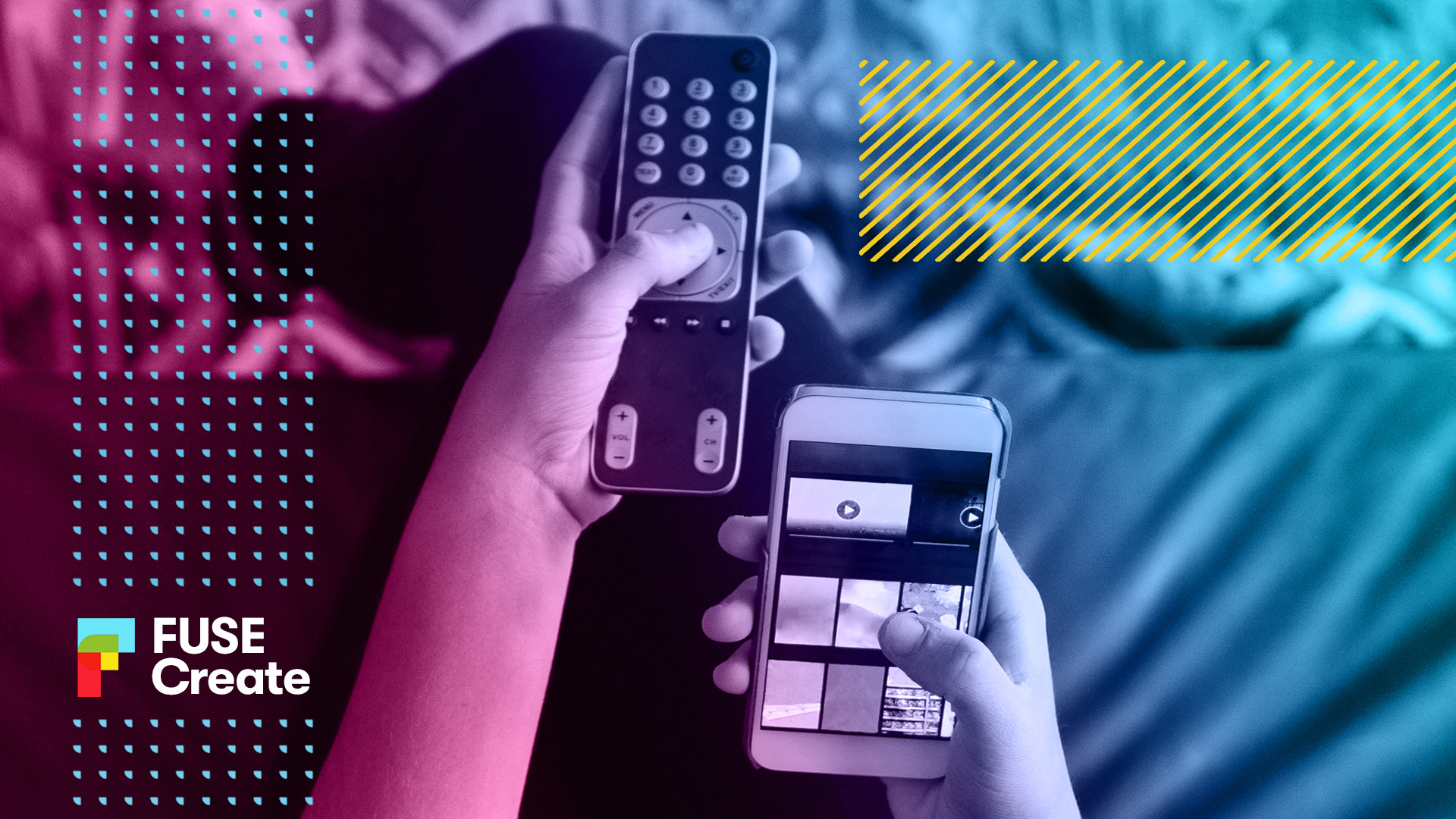
Creators vs. Influencers. What’s the difference?
Speaking with any social media expert or community manager, you’ll hear terms like “creator” and “influencer.” And while you may assume that they’re interchangeable, that assumption would be, well, wrong.
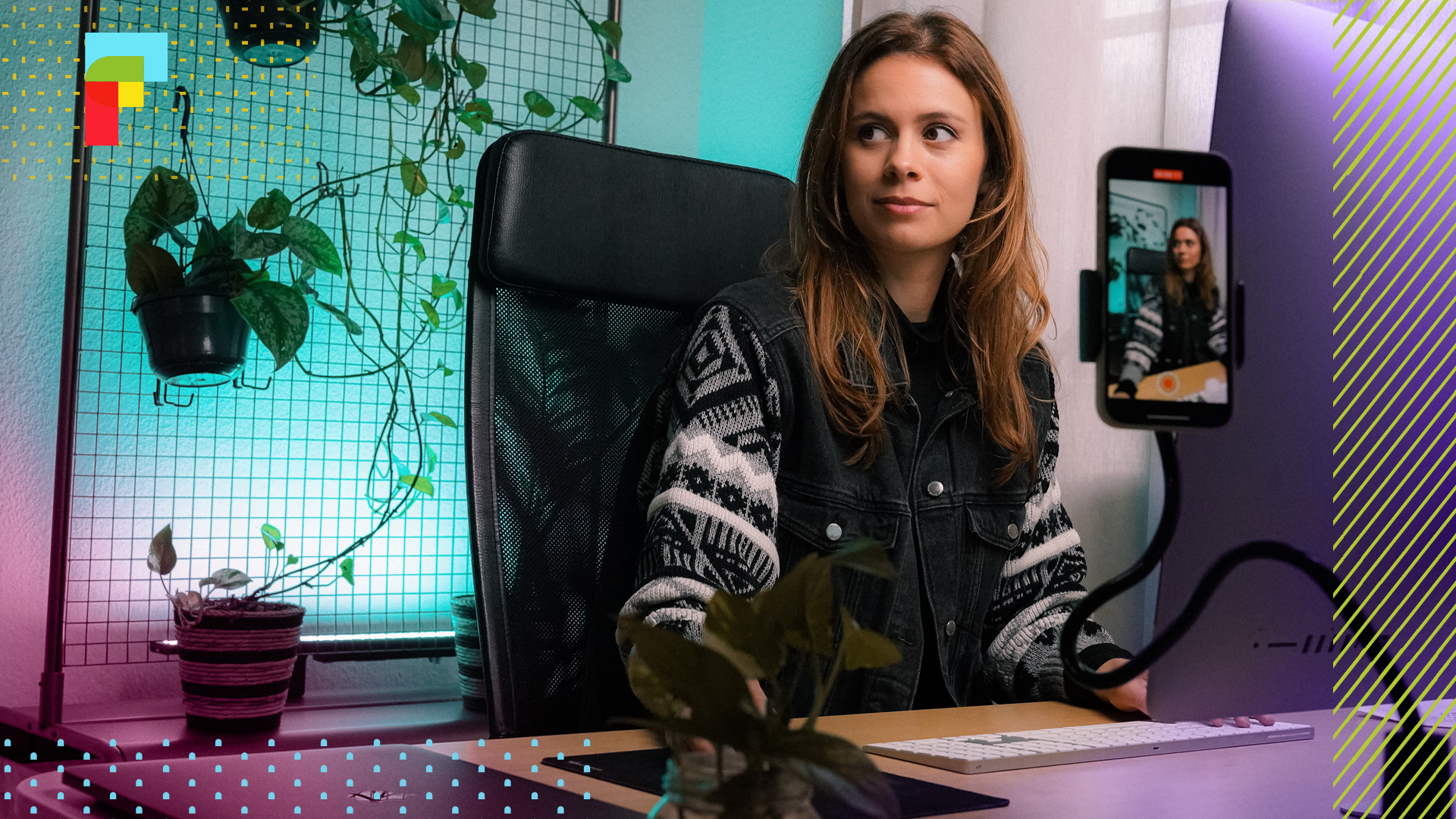
Speaking with any social media expert or community manager, you’ll hear terms like “creator” and “influencer.” And while you may assume that they’re interchangeable, that assumption would be, well, wrong. There are subtle, and not so subtle nuances associated with each, so let’s jump in and figure all this out, shall we?
Getting the 411
In a nutshell, a “content creator” is a broad term describing someone who creates original content for sharing knowledge or building a brand. Think of them as an extension of your brand and your team, usually falling under the “community manager” umbrella.
Influencers are a tad different. They can also create said content, but they’re better known for their connection to their audience or follower base. They post sponsored content and the brand then pays the influencer based on their popularity, which can include stats like follower count and engagement rates.
Let’s dig little deeper…
Content Creators are Secret Agents
For creators, they usually work BTS for your brand (Behind The Scenes). They produce high quality photographs and/or videos to showcase your product/service for the social media audience. The content usually gets posted on the brand’s channel first (and sometimes only there) since they are paying for the content to be made for THEM.
You can say creators are a total package of talent + production + director for your brand, the Secret Agents working in the background for you. They strictly follow brand guidelines to best showcase the brand identity and story. On the flipside, influencers do not do this.
A couple months ago how influencers have evolved in 2021 and following their own brand voice is one of the main ways they have become their own boss. They don’t just receive free products to promote the brand – it’s a serious business in the marketing/advertising field and brands rely on their followings to push product.
Influencers are the Stars
Influencers are the face of your brand – like an endorsement. Brands leverage an influencer’s personal brand to promote their brand’s product or service through the influencer’s eyes. Adding creativity to the content is important but must align with the influencer’s personal style at the end of the day. Content creators work towards a brand guideline, influencers do not.
It’s important that a brand does insightful research when choosing influencers to match a brand’s tone of voice (TOV). Not all influencers are the same and there are different scales of influencers depending on the followers count (read more about the levels here). Utilizing paid partnership labels is also a good idea to better collaborate with influencers.
Influencers are people who can communicate with an audience, generate in them desires and actions, and influence personal perceptions, opinions, and preferences. Take Kylie Jenner, she’s a perfect example of a “Mega Influencer” and even though she has limited engagements with her audiences, many companies wish to partner with her because they can expect a great amount of exposure and reach, I mean c’mon, it’s Kylie Jenner!
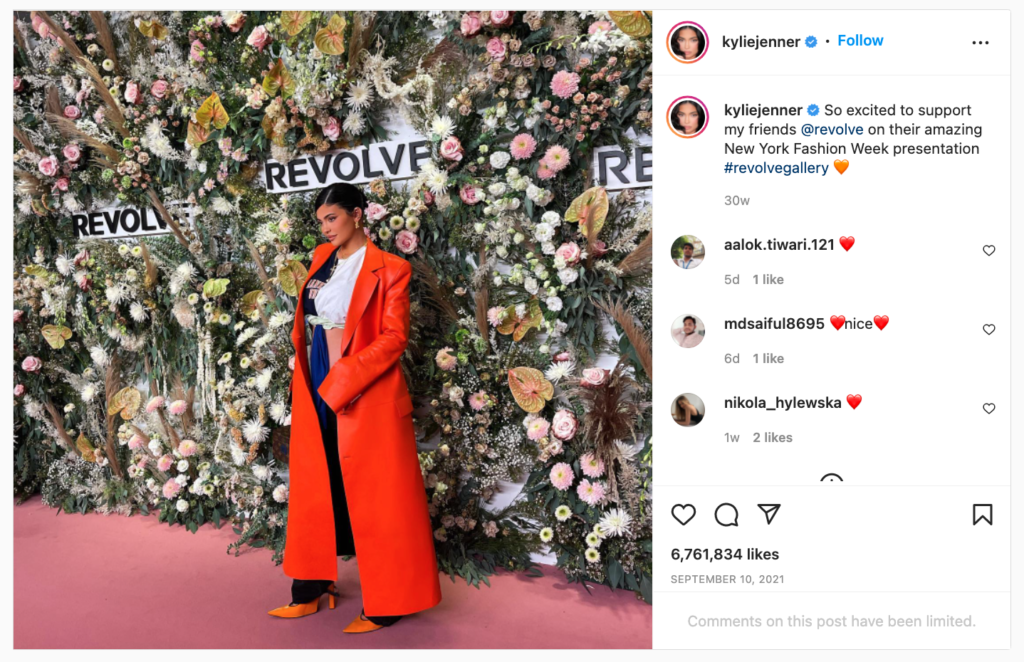
Paid Partnership
In both “content creator” and “influencer” worlds, there is this feature that all community managers pay attention to, the “Paid Partnership.” In 2017, Instagram launched the paid partnership feature to increase the transparency on sponsored posts throughout the platform. The unseen effect? It authenticated Influencer Marketing as an industry and was a game changer for those in the business.
This feature appears when an influencer or brand advocate shares a post or story on the platform and tags an account as a Business Partner. When applied correctly, the paid partnership tag appears at the top of the image or story where the area/location normally sits. The Business Partner title is a hyperlink that leads directly to the business’s page.
Another added benefit helps those data marketing nerds (don’t worry, we’re them too!). Through this feature, you get instant access to the content’s insights/stats, and thus a peak into the influencer’s status.
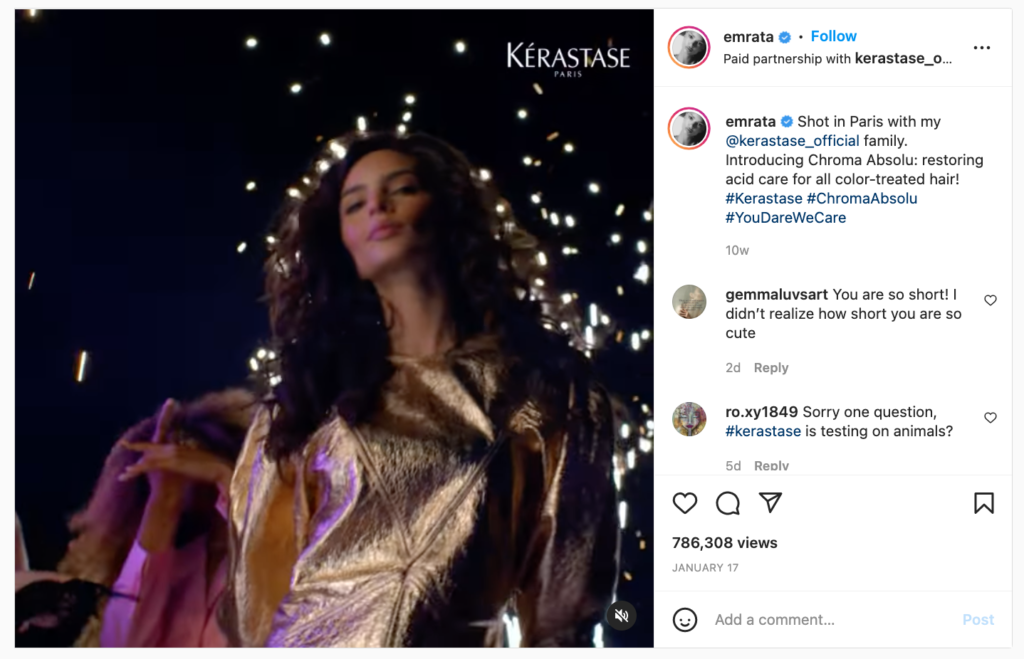
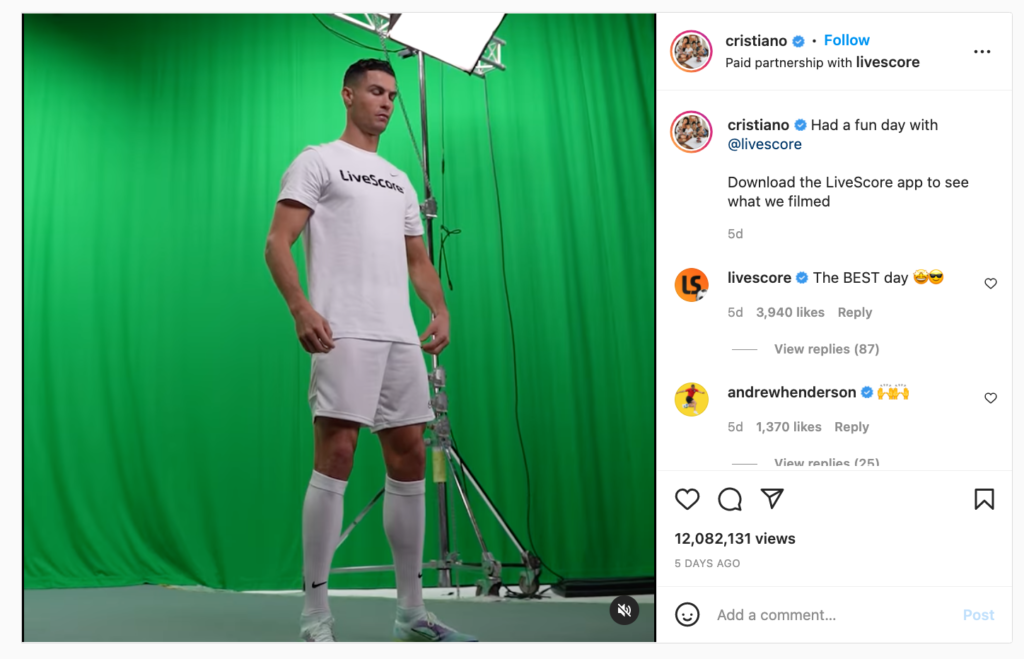
As a Brand…
If your brand has not experienced working with creators or influencers, it’s never too late. According to Influencer Marketing Hub, 75% of brands planned a dedicated influencer marketing budget in 2021, and 56% of brands have used the same influencer for multiple campaigns.
Working with influencers has become a mainstream marketing channel, and so the talent pool has become vastly more competitive than it used to be. Influencers have more tools and support at their disposal, and they’ve certainly become savvier when it comes to brand partnerships. But if you know your brand voice is on point and just need someone to deliver, then content creators are your peeps.
Who do you use for brand promotion? DM us on IG and let us know!

